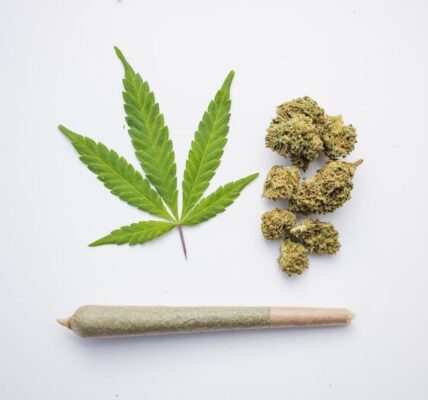People who have been drinking liquor too much may have adverse effect on their brain. For such people, it is best to reduce the intake and gradually avoid consuming liquor completely. A severe addiction to liquor or a history of liquor abuse leads to severe withdrawal symptoms.
It would be good to talk to a therapist about detoxification and prevent severe issues like delirium tremens. For those trying to quit drinking, there are also treatment centers and support groups.
Detox to Rehab is one such supportive and active community that is always willing to assist anyone looking for addiction treatment for themselves or a loved one. Individuals suffering from alcohol addiction can join this group and experience their journey to sobriety to deal with addiction problems through inspiring videos, directories, and helpful videos. Join their community to start your recovery, and feel alive to jump into a new addiction-free future.
How to cut back on liquor consumption?
People who wish to reduce their liquor consumption should follow the following strategies:
- Limiting one drink for women and two for males personally each day.
- Drinking only on specific occasions, like at parties or on the weekends.
- Avoid consuming liquor to relieve emotional stress or fall asleep.
- Drinking alcohol-free beverages, like wine in place of spirits.
Withdrawal issues
Liquor affects the brain differently, which depends on the dose and general health of the individual. The more a person drinks, the more likely it is that they will suffer short- and long-term brain damage from liquor.
A person who is dependent on liquor goes through stages of withdrawal when they attempt to stop drinking it abruptly. Regular drinking affects the brain and the neurons adversely, which makes the stages of withdrawal challenging and painful.
The best way to reduce the risk of alcohol-related brain injury is to drink alcohol in moderation and avoid consuming it regularly.











